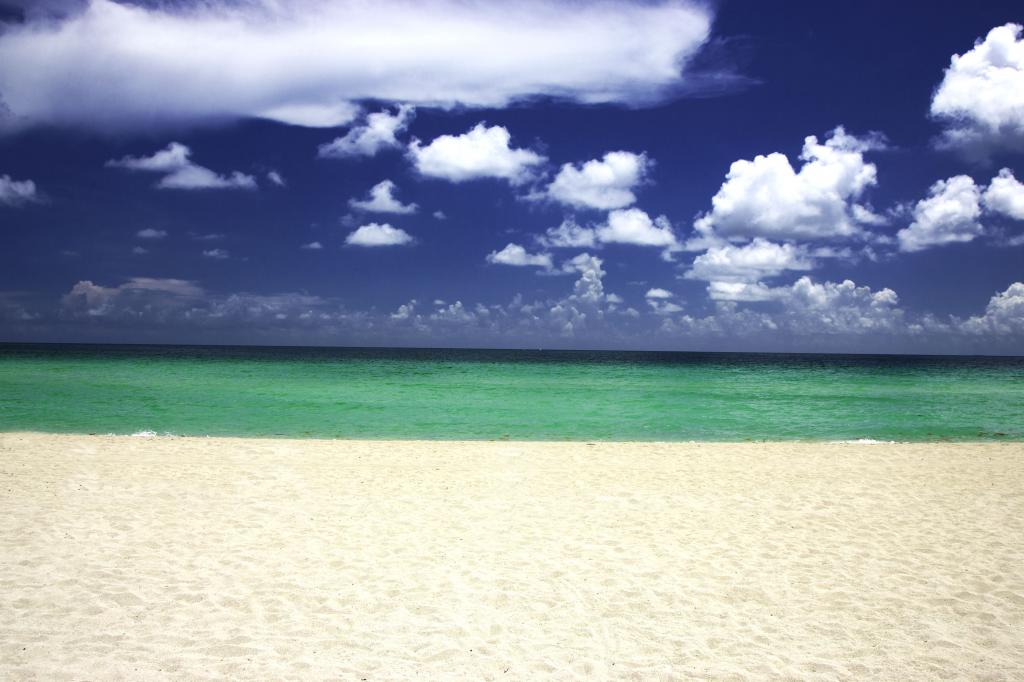Historical Water Quality
Passed water quality tests at least 95% of the time
This status is based on the latest sample, taken on December 22nd, 2025 Miami Waterkeeper updates the status of this beach as soon as test results become available. These results were posted to Swim Guide on December 30th, 2025 at 20:42.
Bahia Mar (Fort Lauderdale South Beach Park) is sampled Weekly from January 1st to December 31st.
About Bahia Mar (Fort Lauderdale South Beach Park)
Current Weather
Source Information
Water quality results displayed at this location were collected by the Florida Department of Health’s (DOH) Florida Healthy Beaches (FHB) program. FHB may resample a beach on subsequent days if a water quality issue is detected. The information is updated on Swim Guide by Miami Waterkeeper (www.miamiwaterkeeper.org), a local nonprofit focused on ensuring clean water. Miami Waterkeeper enters Swim Guide data for both Miami-Dade County and Broward County’s DOH. Samples are collected weekly (typically on Tuesdays) to test for levels of enterococci, a type of bacteria that indicates that pathogenic bacteria and viruses associated with fecal pollution may be present. These bacteria are known as fecal indicator bacteria (FIB). Analysis of samples takes 24 hours to culture before results are available. All local sampling programs on Swim Guide also use the thresholds for water quality as written in the Florida Administrative Code, based on the US Environmental Protection Agency (EPA)’s 2012 Recreational Water Quality Criteria: Good= 0-35 CFU/MPN enterococci / 100 mL of marine water; Moderate= 36-69 CFU/MPN enterococci / 100 mL of marine water; and Poor= 70 CFU/MPN or greater enterococci / 100 mL of marine water. Clicking the pie chart icon will reveal a summary of the prior yearly or monthly of pass/fail data. A sampling location is marked GREY when no current or reliable monitoring information is available. Testing sites are resampled by DOH after a failed water quality test until conditions return to safe levels. The DOH will only issue a formal “swim advisory” after two failed tests in a row, but Miami Waterkeeper will mark a beach as “RED” on Swim Guide after a single failed test is reported by any of the sampling organizations, if the data is posted by DOH. These conservative advisories inform vulnerable people (children, elderly, and the immunocompromised) who have elevated health risks due to water quality at the beach. Miami Waterkeeper will also mark a beach as "Special Status" if information comes from other sources indicating that the water is unsafe, for example, a sewage leak, red tide, or oil spill. If data is more than a week old, sites will show a historical record of water quality data from a given site. The Department of Health’s Florida Healthy Beaches program is a state-run initiative in partnership with Miami-Dade County and 33 other coastal counties in the state of Florida. The Florida Healthy Beaches program has been collecting and analyzing water samples from beaches and reporting FIB levels since 2000. (http://www.floridahealth.gov/environmental-health/beach-water-quality) Miami Waterkeeper’s Water Quality Monitoring program is run by full-time investigators and staff that sample common recreation sites on a weekly basis to ensure the water you love is clean and safe. This program aims to sample locations not currently sampled by the Florida Healthy Beaches program or Surfrider Miami in an attempt to fill in gaps in local water quality monitoring. Visit Miami Waterkeeper at www.miamiwaterkeeper.org/water_monitoring or email hello@miamiwaterkeeper.org if you have any additional questions or to view a complete set of monitoring data.
Beaches Near This One
SEE All